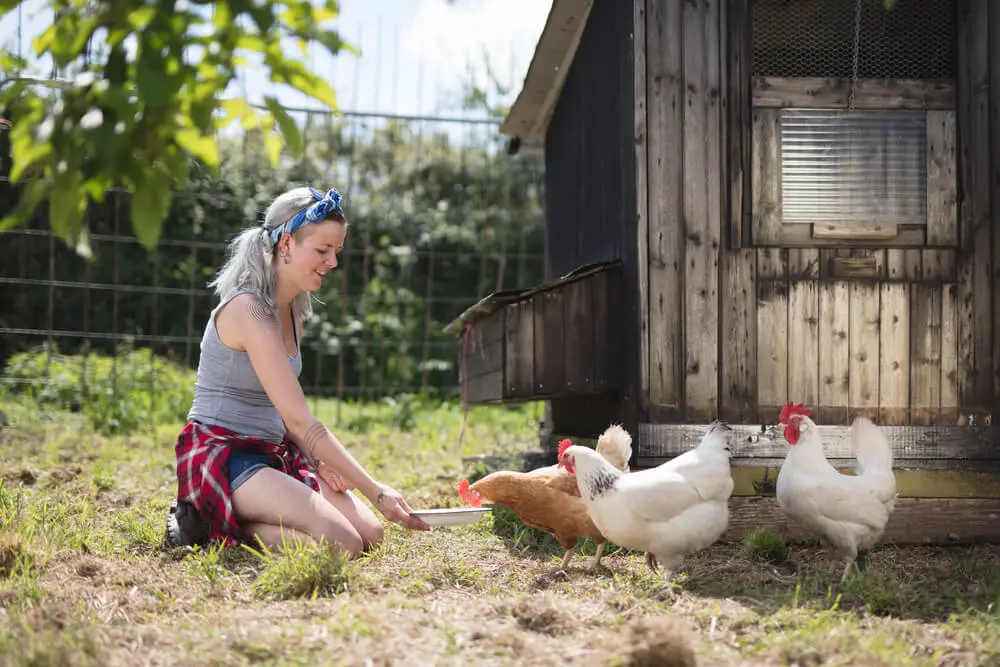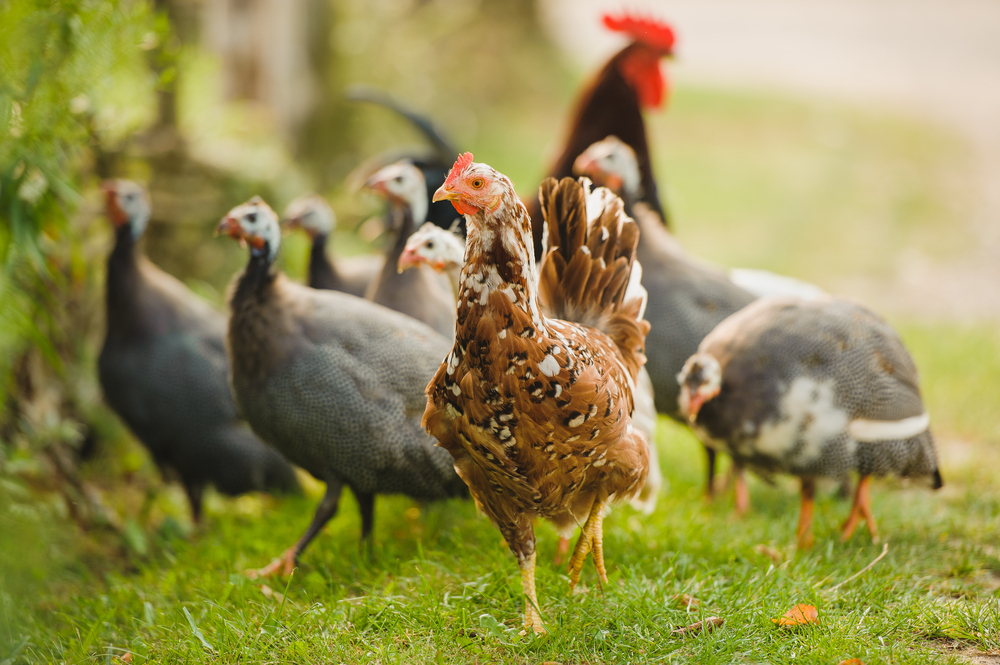Backyard chickens have become increasingly popular in recent years, with many people choosing to keep them for their fresh eggs and as pets. However, there are potential health risks associated with keeping chickens, particularly when it comes to salmonella. In this article, we’ll explore whether backyard chickens carry salmonella, how often it occurs, and what you can do to prevent it.
Do backyard chickens carry salmonella?
The short answer is yes, backyard chickens can carry salmonella. Salmonella is a type of bacteria that is commonly found in the intestines of chickens, and can be shed in their feces. It can also be present on their feathers and feet, as well as in their eggs.
How often does salmonella occur in backyard chickens?
The incidence of salmonella in backyard chickens can vary depending on a number of factors, including the number of chickens, their living conditions, and the level of hygiene maintained. According to the Centers for Disease Control and Prevention (CDC), there were 1,134 reported cases of salmonella linked to backyard poultry in 2020. However, this is likely an underestimate, as many cases go unreported.
What are the symptoms of salmonella?
Salmonella infection can cause a range of symptoms, including diarrhea, fever, and abdominal cramps. These symptoms can last for several days and may require medical treatment. In severe cases, salmonella can lead to hospitalization and even death, particularly in vulnerable populations such as young children, the elderly, and people with weakened immune systems.
Is there any way to prevent salmonella in backyard chickens?
Fortunately, there are several steps you can take to reduce the risk of salmonella in backyard chickens:
- Practice good hygiene: Wash your hands thoroughly with soap and water after handling chickens or their eggs, and ensure that any equipment or surfaces that come into contact with them are cleaned and disinfected regularly.
- Keep your chickens healthy: Ensure that your chickens have access to clean water and a balanced diet, and keep their living conditions clean and dry.
- Practice responsible egg handling: Collect eggs frequently and store them in a cool place. Clean eggs before consumption, and discard any that are cracked or dirty.
- Be aware of the risks: Educate yourself and your family about the risks of salmonella, and be vigilant for any symptoms of infection.
FAQs:
Q. Can you get salmonella from touching chickens?
A. Yes, salmonella can be transmitted by touching chickens or their feces.
Q. Can you get salmonella from eating eggs from backyard chickens?
A. Yes, salmonella can be present on the surface of eggs, so it’s important to handle and cook them properly.
Q. How long does it take to recover from salmonella?
A. Recovery time from salmonella can vary depending on the severity of the infection, but it typically takes around 4-7 days for symptoms to resolve.
Conclusion:
While the risk of salmonella from backyard chickens can be concerning, there are several steps you can take to minimize the risk. By practicing good hygiene, keeping your chickens healthy, and being aware of the risks, you can enjoy the benefits of backyard chickens without putting yourself or your family at risk. Remember, prevention is key when it comes to salmonella, so take the necessary precautions to ensure the safety of yourself and those around you.

Shannon Stansberry has been engaged in the business of raising chickens for more than 12 years. In 2016, she accomplished the Agriculture & Natural Resources program at Mt. San Antonio College. At present, she tends to more than 80 chickens on her 4-hectare farm. Shannon regularly shares her insights and experience on how to raise healthy and contented chickens on the platform Typesofchickens.com

